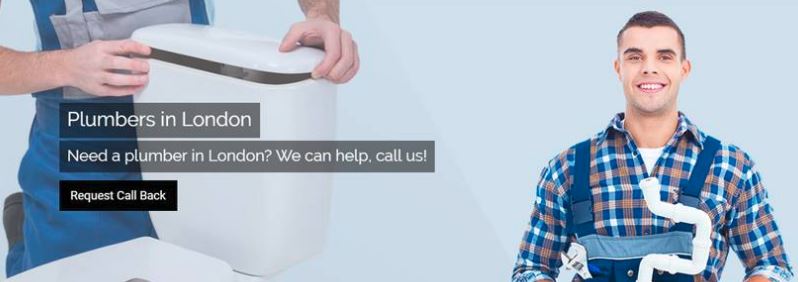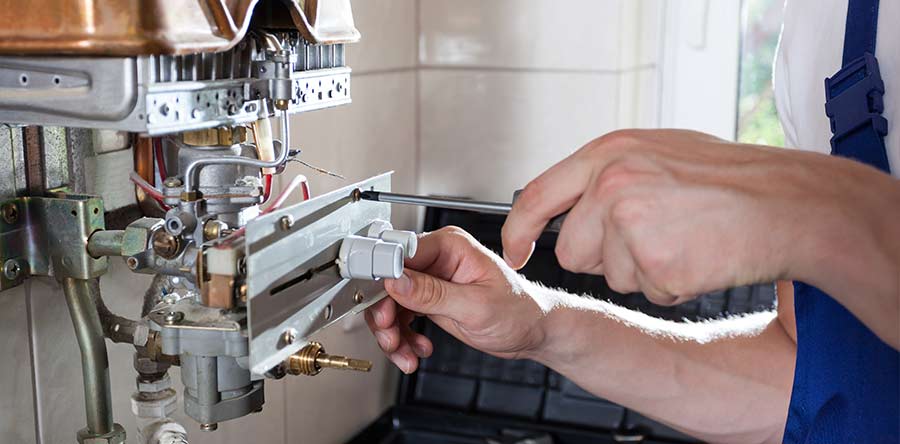A flooded kitchen or bathroom is every property owner’s nightmare. One moment, everything is fine—then suddenly, you’re standing ankle-deep in water, worrying about damage, costs, and inconvenience.
If you’re a homeowner, landlord, tenant, real estate agent, property manager, small business owner, or builder in London, knowing the common plumbing failures that cause flooding is the first step to preventing disasters.
In this detailed guide, we’ll break down the most common plumbing failures that lead to flooded kitchens and bathrooms, explain why they happen, and share practical tips to avoid them. Let’s dive in!
1️⃣ Burst Pipes: The Silent Enemy in Your Walls
What’s the Problem?
Pipes can burst suddenly due to wear and tear, freezing temperatures, or high water pressure. Many London homes, especially older properties, have ageing plumbing systems that are more vulnerable.
Why It Happens:
- Old, corroded pipes weaken over time.
- Freezing winters cause water inside pipes to expand, leading to cracks.
- High water pressure strains pipes, making them more likely to burst.
2️⃣ Blocked Drains: A Slow Build-up That Can Cause Big Problems
What’s the Problem?
Blocked drains are one of the leading causes of kitchen and bathroom floods in London homes. Whether it’s a sink, toilet, or shower, a blockage stops water from flowing, eventually causing it to overflow.
Why It Happens:
- Kitchen sinks get clogged with grease, food scraps, and oils.
- Bathroom drains often block due to hair, soap scum, and toiletries.
- Foreign objects like wet wipes or sanitary products flushed down toilets.
3️⃣ Leaking Taps and Fixtures: A Drip Can Lead to a Flood
What’s the Problem?
It might seem harmless—a dripping tap, a leaky toilet cistern—but over time, leaks can cause water to pool, damaging cabinets, floors, and walls.
Why It Happens:
- Worn-out washers, seals, or O-rings.
- Loose connections in taps or pipes.
- Ignoring small leaks until they become big problems.
4️⃣ Faulty Toilets: Overflow Nightmares
What’s the Problem?
An overflowing toilet is more than an inconvenience—it’s a health hazard. If the water keeps running, it can flood bathrooms quickly, damaging floors, carpets, and ceilings below.
Why It Happens:
- Blockages in the drain pipe.
- Faulty float valves or flappers.
- Old, worn-out toilet mechanisms.
5️⃣ Appliance Failures: Dishwashers & Washing Machines
What’s the Problem?
Modern appliances are convenient, but they’re also connected to your plumbing. A leaking dishwasher or washing machine can flood your kitchen or utility area within minutes.
Why It Happens:
- Loose or burst hoses.
- Blocked filters or drainage issues.
- Old machines that haven’t been serviced.
6️⃣ Poorly Fitted Plumbing in Renovations
What’s the Problem?
With so many renovations and refurbishments happening across London, poorly fitted plumbing is a common cause of leaks. Builders rushing jobs or using unqualified plumbers can leave you with hidden risks.
Why It Happens:
- DIY plumbing without proper skills.
- Unlicensed work that doesn’t meet UK standards.
- Cheap fittings that fail under pressure.
7️⃣ High Water Pressure: More Isn’t Always Better
What’s the Problem?
London water systems sometimes deliver high water pressure, which can stress pipes, cause leaks, and damage appliances.
Why It Happens:
- Local supply pressure fluctuations.
- Faulty or missing pressure-reducing valves.
8️⃣ Neglecting Regular Plumbing Maintenance
What’s the Problem?
Many floods happen simply because small problems are left unchecked. Busy Londoners often forget about plumbing—until it’s too late.
Why It Happens:
- Out of sight, out of mind.
- Small leaks don’t seem urgent.
- Lack of routine inspections.
9️⃣Neglecting Power Flushing Services
What Happens:
Over time, your plumbing system—especially heating and central heating pipes connected to bathrooms and kitchens—can accumulate sludge, rust, and debris inside the pipes and radiators. This build-up reduces water flow, leading to blockages and pressure issues, which may cause leaks or pipe bursts and contribute to flooding.
Why It’s a Problem:
Sludge build-up restricts water flow, putting extra strain on your plumbing system. This can cause pipes to weaken or burst unexpectedly, leading to costly water damage in kitchens and bathrooms.
What to Do If You Spot a Plumbing Problem
If you notice any of the following, act fast:
🔊 Unusual noises from pipes
💦 Water stains on ceilings or walls
🚽 Slow drains or gurgling sounds
🛁 Damp smells in cupboards or under sinks
🧾 A sudden spike in water bills
Don’t wait for a minor issue to become a flood. Call a professional plumber immediately.
Why Flooded Kitchens and Bathrooms Are Costly Mistakes
- Flooding can cause:
- Structural damage to floors, walls, and ceilings
- Mould growth, leading to health issues
- Expensive repairs and replacements
- Insurance claims that raise your premiums
- Business closures if you’re a café, salon, or shop
The best solution? Prevention. Stay proactive, and your property stays safe.
Final Thoughts: Protect Your London Property with Smart Plumbing Choices
Plumbing failures happen when we least expect them—but by understanding the risks and acting early, you can avoid costly flooding in your London home or business. Whether you’re a homeowner, landlord, tenant, property manager, or builder, make plumbing a priority, not an afterthought.
Need help? Our trusted team of London plumbers is here for you—whether it’s an emergency call-out, a routine inspection, or expert advice on keeping your property safe. Let’s keep your kitchen and bathroom flood-free and stress-free.



